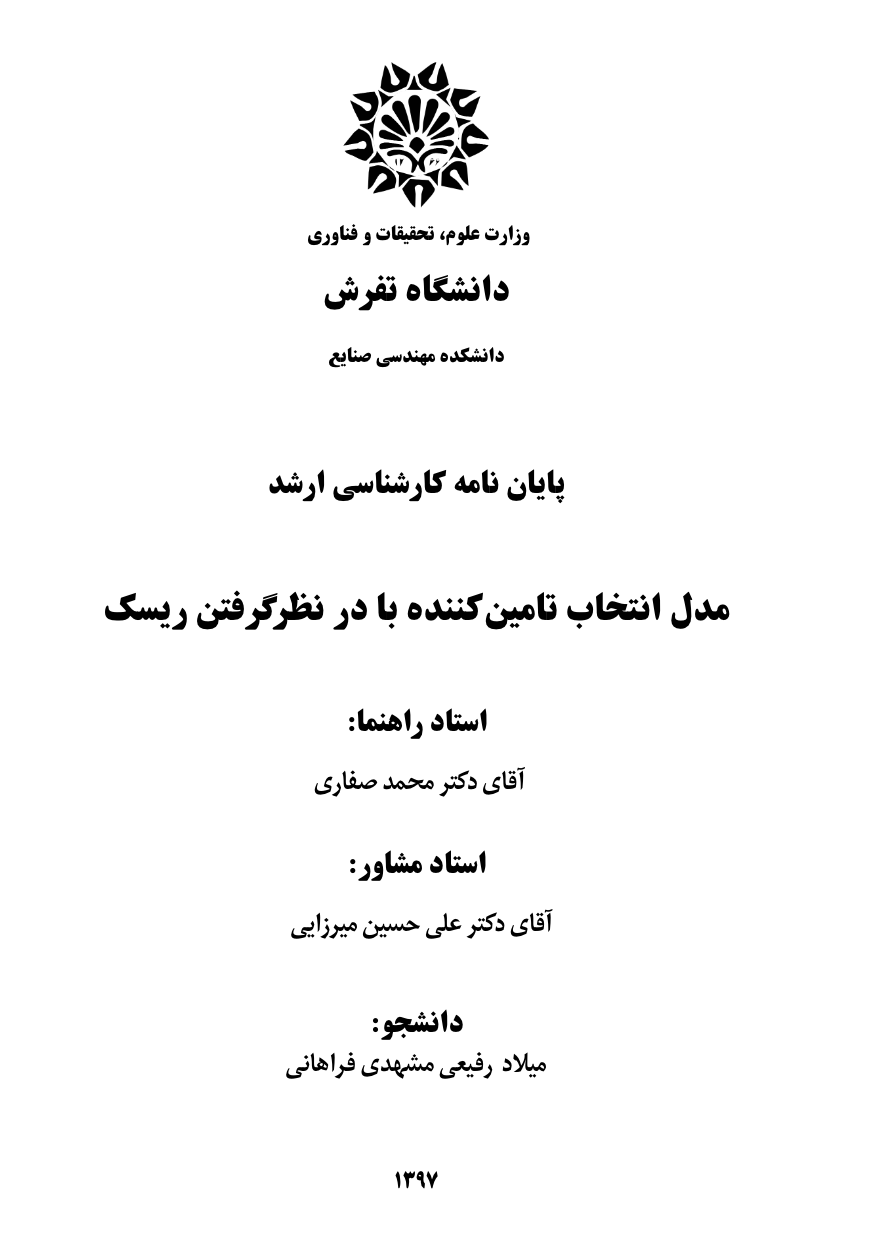
pub ver testing
Author:
nate
Last Updated:
5 yıl önce
License:
Creative Commons CC BY 4.0
Abstract:
testing

\begin
Discover why over 25 million people worldwide trust Overleaf with their work.

\begin
Discover why over 25 million people worldwide trust Overleaf with their work.
%
% Hello! Here's how this works:
%
% You edit the source code here on the left, and the preview on the
% right shows you the result within a few seconds.
%
% Bookmark this page and share the URL with your co-authors. They can
% edit at the same time!
%
% You can upload figures, bibliographies, custom classes and
% styles using the files menu.
%
% If you're new to LaTeX, the wikibook at
% http://en.wikibooks.org/wiki/LaTeX
% is a great place to start, and there are some examples in this
% document, too.
%
% We're still in beta. Please leave some feedback using the link at
% the top left of this page. Enjoy!
%
\documentclass[12pt]{article}
\usepackage[english]{babel}
\usepackage[utf8x]{inputenc}
\usepackage{amsmath}
\usepackage{graphicx}
\usepackage{hyperref}
\title{Test 1}
\author{You}
\begin{document}
\maketitle
\begin{abstract}
Your abstract.
\end{abstract}
\section{Introduction}\label{sec:intro}
\ref{sec:}
Hello my name is Ali. This is whatever I think
Comment
This s my thing! thing!!. This is my thing!. The world is amazing Hello thing this is my thing! What am I doing? What am I doing?
kasdhfkljhsu
saifkjh
kfjhsafilkjfls d
aksdj
laskdfl;j
al;kf;laskdflksadjflksdjlfksd
fk
sdj
lksajdlkfjals;
ddfja
Comment
This is my thing! Hello! Hello! baz hello this is my thing hello thing
more things here. THis is a thing. I'm testing stuff right now
thing! my test. More typing here. This is my test. Foo bar bazooka. I'm testing stuff. what am I doing? Is this me? Hello. this is my test.
Your introduction goes here! Some examples of commonly used commands and features are listed below, to help you get started. hi world
afklhk
\href{https://www.example.com}{A link}
\ref{foo}
This is mt test. I"m testing stuff now. More testing
\section{Some \LaTeX{} Examples}
\label{sec:examples}
\subsection{Sections}
Use \texttt{section}s and \texttt{subsection}s to organize your document. \LaTeX{} handles all the formatting and numbering automatically. Use \texttt{ref} and \texttt{label} for cross-references --- this is Section~\ref{sec:examples}, for example.
\subsection{Tables and Figures}
Use \texttt{tabular} for basic tables --- see Table~\ref{tab:widgets}, for example. You can upload a figure (JPEG, PNG or PDF) using the files menu. To include it in your document, use the \texttt{includegraphics} command (see the comment below in the source code).
% Commands to include a figure:
\begin{figure}
\includegraphics[width=\textwidth]{min_mean_wait_evm_7_eps_150dpi}
\caption{\label{fig:your-figure}Caption goes here.}
\end{figure}
\begin{table}
\centering
\begin{tabular}{l|r}
Item & Quantity \\\hline
Widgets & 42 \\
Gadgets & 13
\end{tabular}
\caption{\label{tab:widgets}An example table.}
\end{table}
\subsection{Mathematics}
\LaTeX{} is great at typesetting mathematics. Let $X_1, X_2, \ldots, X_n$ be a sequence of independent and identically distributed random variables with $\text{E}[X_i] = \mu$ and $\text{Var}[X_i] = \sigma^2 < \infty$, and let
$$S_n = \frac{X_1 + X_2 + \cdots + X_n}{n}
= \frac{1}{n}\sum_{i}^{n} X_i$$
denote their mean. Then as $n$ approaches infinity, the random variables $\sqrt{n}(S_n - \mu)$ converge in distribution to a normal $\mathcal{N}(0, \sigma^2)$.
\subsection{Lists}
You can make lists with automatic numbering \dots
\begin{enumerate}
\item Like this,
\item and like this.
\end{enumerate}
\dots or bullet points \dots
\begin{itemize}
\item Like this,
\item and like this.
\end{itemize}
\section{thing!}
\label{foo}
ahkjsh
\pagebreak
$\widehat{a}$
\[\widehat{a}\]
\[\widehat{xyz}\]
\end{document}